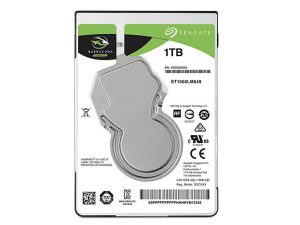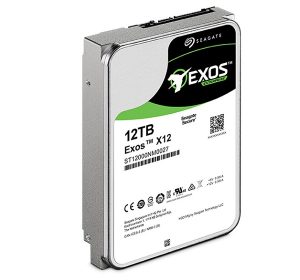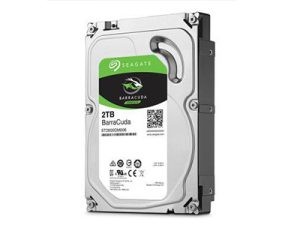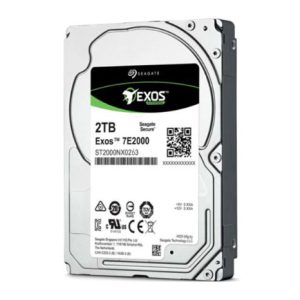As data centers and global procurement specialists demand higher storage performance, the debate between SSDs like Seagate’s FireCuda and traditional enterprise HDDs intensifies. With 2025’s storage market favoring speed for AI workloads but cost-efficiency for cold storage, choosing the right solution requires a deep dive into specs, use cases, and ROI. Here’s how Seagate’s technologies stack up.
1. FireCuda vs. Seagate Exos HDD: Performance and Cost Breakdown
Seagate’s FireCuda 530 SSD (2025’s top PCIe 4.0 model) delivers 7,300 MB/s sequential reads and 1,800 TBW endurance, ideal for latency-sensitive tasks like database indexing. Meanwhile, the Exos X20 HDD series offers 20TB at $0.015/GB (Q2 2025 avg.), perfect for archival storage. Key comparisons:
- IOPS: FireCuda: 1M random read IOPS vs. Exos X20’s 250 IOPS
- Power Use: SSD idles at 5W vs. HDD’s 7W (active)
- MTBF: Both achieve 2.5M hours, but SSDs avoid mechanical failures
For high-frequency trading or video editing clusters, FireCuda dominates. For backup arrays, Exos HDDs save 60% TCO over 5 years.
2. How to Calculate Total Cost of Ownership for Bulk Storage Buyers?
Procurement teams often underestimate hidden costs. A realistic 2025 TCO model includes:
- Acquisition: FireCuda 2TB = $249/unit (1K+ bulk price) vs. Exos 20TB = $299
- Power: SSDs cut datacenter PUE by 0.2 (Uptime Institute 2025 report)
- Rack Density: 1U holds 24 SSDs (48TB) vs. 12 HDDs (240TB) – factor in floor space costs
- Staff Time: HDD replacements average 3 hours/server annually (Gartner 2025)
Surprisingly, Exos HDDs win at capacities above 50PB due to density, while FireCuda leads sub-10PB deployments.
3. Future-Proofing Your Storage: NVMe vs. SATA in 2025
With PCIe 5.0 adoption reaching 38% of new deployments (IDC Q1 2025), FireCuda’s NVMe design outlasts SATA SSDs. Critical considerations:
- Protocol Bottlenecks: SATA III caps at 600MB/s – insufficient for GenAI inference workloads
- Scaling: NVMe-oF allows pooling FireCudas across servers; HDDs require SAS expanders
- Obsolescence: Major cloud providers plan SATA phase-outs by 2027
Bulk buyers should prioritize NVMe for tier-1 storage while reserving HDDs for tier-3.
As Seagate’s authorized global distributor, HUAYI INTERNATIONAL LIMITED guarantees genuine FireCuda SSDs and Exos HDDs with direct factory pricing. Our bonded warehouses in Rotterdam, Singapore, and Dallas ensure 72-hour delivery with 3-year advance replacement warranties. Request a bulk quote today with customized RAID configuration support – we’ve helped 1,200+ procurement teams optimize storage spend since 2020.
*All 2025 pricing data reflects Q2 averages from DigiTimes and TrendForce global component indexes.




